Over time, our perception of job interviews has grown quite rigid: a trial to test which candidates can think on their feet, and conquer nerves to deliver the most persuasive responses, all while maintaining composure. Yet, amidst this, it’s easy to lose sight of the ultimate goal—to identify the individual most suited for the job, not merely the person who’s best at job interviews.
One possible solution? Providing job interview questions in advance.
Undoubtedly, this strategy may not align with every position/ company. For roles demanding rapid decision-making or adaptability, evaluating a candidate’s capacity to handle unforeseen circumstances might still be a relevant aspect of the selection process. Nevertheless, for many positions, this approach boasts several advantages, which we’ll delve into below.
It’s More Inclusive
While most neurotypical individuals navigate job interviews reasonably well, this isn’t always the case for those with neurodivergences like autism or ADHD. The high-pressure,
time-constrained, and socially demanding nature of the evaluation process can impede their ability to focus on questions and showcase their true capabilities.
Providing job interview questions in advance can help level the playing field for these individuals. After all, it would be regrettable to overlook the ideal candidate simply because they were too overwhelmed to articulate their answers effectively during the interview.
More Thorough Answers
Giving job interview questions in advance means candidates have the chance to reflect on their experiences, skills, and relevant examples more thoroughly.
This additional time enables them to delve into their past accomplishments and assess how these relate to the role’s requirements. Consequently, their responses are likely to be more elaborate, well-organised, and tailored to the specific position.
It helps candidates understand what your company wants
Providing job interview questions in advance provides candidates with valuable insights into the specific skills, knowledge, and experiences you’re looking for beyond what’s outlined in the job description. For instance, if your job posting mentions “strong communication skills” and “creative thinking,” these terms can be quite broad and subject to interpretation without context.
By sharing the questions you plan to ask, you can explain your expectations and offer a better understanding of how these skills will be evaluated. Candidates won’t have to speculate about your expectations; instead, they can concentrate on delivering detailed and targeted responses.
It’ll make your company stand out
Employee experience doesn’t begin when your new hire walks through the door on their first day – it begins at the very start of the application process. Every interaction with your company from that point on is forming an impression, whether positive or negative. Providing interview questions ahead of time shows your organisation cares about reducing stress levels in an already anxiety-inducing situation, and that you want to give candidates the very best chance to succeed. Let’s say a talented candidate has multiple job options – this tactic can be a real differentiator that showcases your company as forward-thinking, empathetic, and focused on creating a positive candidate experience. This can leave a lasting impression whether a candidate accepts the job or not, potentially leading to positive word-of-mouth referrals and increased future applications.
In conclusion, offering candidates job interview questions in advance can introduce a refreshing change to the assessment process while also easing some of the stress and anxiety associated with traditional interviews. It’s important to note that you’re not obligated to provide candidates with the exact questions you’d like to discuss. Instead, you could opt to give them a general overview of the topics or themes you intend to cover. Alternatively, you might reserve this strategy for junior candidates who may not be accustomed to high-pressure interview situations. Ultimately, the decision should be guided by your company’s values, the nature of the role being filled, and the candidate experience you aim to foster.




